It has been a wild journey of discovery, to put it mildly! Loving and supporting those struggling with mental health and addiction is not easy. In this part 1, my hope is that sharing my insights and experiences might offer support and inspiration to those fighting the disease with loved ones. In part 2, I will offer my epiphanies to young parents for consideration when being proactive in parenting with the intent of avoiding pitfalls that might contribute to their children being lured into the heartbreak of addiction.
1) The definition and the debate:
First, here’s the definition by the American Society of Addiction Medicine
https://www.asam.org/quality-care/definition-of-addiction
Although for years many have argued that addiction boils down to a choice, this ‘simplistic old point of view’ is being challenged. It is now registered in the Diagnostic and Statistical Manual of Mental Disorders, Fifth Edition, (DSM-5) psychiatric manual with extensive criteria guiding healthcare practitioners in making diagnoses. This article by a recovering addict provides great insight into the disease, in addition to highlighting how the choice argument is often rooted in moral judgment. In other words, the non-addicts don cloaks of superiority as they deem the addicts as weak and morally inferior.
Many of you know that I have Choice Theory and Reality Therapy Training, so you might think I would be a proponent of addiction as a choice. No, I believe it is a disease. The initial ‘choice’ to engage in a particular substance or behaviour might have been initiated in full ignorance and experimentation; however, it can quickly turn. In the beginning, with the interest of seeking to understand, I watched this video by Dr. Kevin McCauley. I am convinced it is a disease. Since then I have watched a number of his more recent very informative YouTube videos. I highly recommend them.
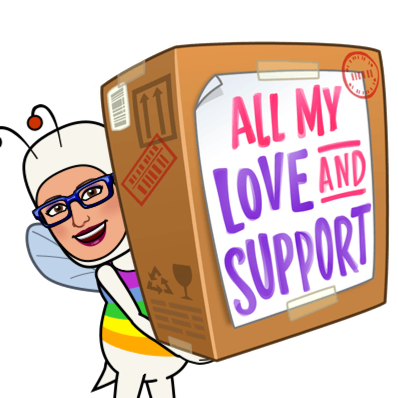

2) Addiction is insidious and complex!
Because it often coexists with mental health struggles, treatment is multi-dimensional, unlike many linear step-by-step procedures for physical ailments. Whether considered a disease or a choice, all parties agree that it is a complex social issue. The causes are complicated and deep-rooted in the individual psyche. The seeds of the disease are often rooted in early childhood trauma and can be exacerbated by predispositions (highly sensitive person, attention deficit disorder, depression, anxiety, and other mental health conditions), dysfunctional family dynamics, social, work and cultural systems, plus other issues that can lead people to self-medicating.
Addiction can create a physical dependency (substance) and/or behavioural compulsion (process) which to the addict seems near impossible to stop. Furthermore, an initial presenting addiction might be masking another addiction, or once one addiction is treated another one might pop up. It leads the sufferer and the healthcare professional to feel like they are engaging in a game of ‘wack-a-mole’. Consequently, it is a chronic disease that requires intensive treatment with lifelong attention.
3) I’ve heard it said, “The opposite of addiction is not sobriety, it is connection.”
Yes, sobriety is considered the goal or solution. Sobriety is defined as refraining from the destructive behaviour that is making one’s life unmanageable. Yet, as most addicts will tell you, in order to successfully maintain sobriety it is imperative for the addict to have support and connect with others. Here is a good post that further describes the need for connection in order to heal.
4) Co-dependence versus Pro-dependence.
Since humans are wired for interconnection, addicts need to connect with their families, friends, and support communities while all involved learn to maintain healthy boundaries. The operative words here are healthy boundaries. It is said that addiction is a family disease. As previously stated, it is complex. Typically, addiction runs in families due to presenting mental health conditions, and embedded behaviour patterns that get passed on from one generation to another (real-time and epigenetics). Social and cultural circumstances may create fertile ground for enmeshment (overly close families) or attachment issues.
Co-dependency is an unhealthy relationship where a dependency exists with little or no boundaries. Here is an article that digs deeper into the topic. In treatment, it is stated that the family is not to be blamed, yet, often therapists are often quick to point the finger at the supporting families by stating that there is co-dependency, and as such the supporting loved one needs to examine their trauma or issues.
Dr. Robert Weiss offers the term pro-dependency. This term suggests that we are all interconnected and that the addict and the loved one have been fighting the disease of addiction together. He points out that the emphasis on co-dependency can leave family members feeling that they are the ones with the problem and, as a result, lead them to walk away. Dr. Weiss wants to ensure that the family stays connected with the addict and is open to considering how family behaviour patterns can be adjusted with more healthy boundaries and choices. You can check out more with this video by Dr. Weiss.


5) Can we love too much or be too involved?
Years ago, a friend of mine said to me, “All actions are either based on love or fear.” I add to this the idea that: perception is reality, and often fear-based actions are perceived as rooted in love. We think we are acting in a loving way, but maybe we are acting in a way to alleviate our own fears that to do otherwise would cause harm to ourselves and/or our loved ones. Our loving actions might be to rescue the other person to prevent them from experiencing pain. But maybe the pain is what is needed to teach a natural consequence of action.
In Education, we are trained to meet our students where they are at, taking an inventory of their skills, mental health conditions and special education needs. We are encouraged to accommodate and modify programming to appropriately support the student with personalized lessons and coaching. Seeking to understand and demonstrate compassion is at the heart of the pedagogy. Many parents instinctively assume this approach when parenting.
When identifying disabilities within our kids and loved ones, when do our hearts of compassion open so much that accommodating and modifying become enabling?
Sometimes, maybe we can love too much and be too involved, trying to rescue or soften the natural consequence.
6) Healthy boundaries are the cornerstone of healthy relationships.
As a follow-up to points 3, 4, and 5, connection is critical in supporting the addict; however, it needs to be done with respect and honouring boundaries.
Suggestions:
- We need to listen.
- We as supporters need to ask (not take unsolicited initiative) or wait until asked for help (patience and no pre-emptive or post-rescuing)
- We need to respect another’s choices regardless of the outcome. Sure this can be particularly hard to accept as the natural consequences might be very difficult and painful.
- Boundaries go both ways. The supporting loved ones need to ensure that they are supporting and encouraging independence, while the addict needs to take responsibility and not place excessive demands on the supporting loved ones.
- Detach with love and relinquish the need for control or influence. It’s not our journey.
7) Yes, addiction is an addiction but there are different ways of treating a substance use disorder versus a process (behavioural) addiction.
When it comes to certain behavioural addictions like eating, abstinence is impossible because one must eat to stay alive. Consequently, people with process addictions need to learn how to set limits and cope with triggers, especially when the process addiction is based on a highly visible activity or topic that is perceived as acceptable in our culture, such as shopping, gaming, pornography, and/or visually provocative marketing.
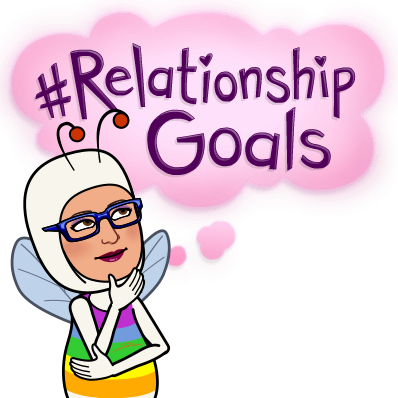

8) In addition to Alcoholics Anonymous (AA) or Narcotics Anonymous (NA), there are a number of recovery communities that offer support.
Many people opt to heal by attending regular recovery meetings and obtaining a recovery sponsor. The hour-long meetings are structured with sharing and readings around the 12-step principles and steps. They are free and offered throughout the world in person and on Zoom.
In addition, there are other non-12-step programs. Check them out: https://www.canadadrugrehab.ca/blog/addiction-treatment-withdrawal/non-12-step-programs-for-recovery-in-canada/
In Canada, there are a number of resources. Here is a government link to some resources: https://www.canada.ca/en/health-canada/services/substance-use/get-help-problematic-substance-use.html
9) There are numerous intensive treatment programs.
There are residential programs and outpatient programs. Some are covered by our medical care, while others are private and will cost. Be warned that residential treatment can cost upwards of $800 dollars a day with minimum stays starting at 2 weeks. Outpatient treatment programs are less expensive. Here is an excellent extensive guide to treatment in Canada.
10) There is help for the loved ones.
It is not easy going through the crazy ride of supporting someone dear in active addiction or recovery Addiction comes with all kinds of judgement. If friends and family members have not experienced addiction firsthand, judgment and unsolicited advice often abound. My first suggestion: consider getting a therapist. It offers you a safe and private place to share your worries, obtain guidance on resources and secure advice on how to best deal with the presenting addiction challenges. Research and interview potential counsellors to find the best fit for you.
Al-Anon is a great worldwide 12-step program that has meetings happening in person and on Zoom. It is anonymous. The focus is not on the addict but on the loved one’s well-being. The hour-long meetings are structured with sharing and readings around the 12-step principles and steps.
In addition to Al-Anon, there are other support organizations such as Families for Addiction Recovery. All the profits of my 13th book The Stars and Magic That Made Us will be directed to this wonderful organization. I particularly love that the volunteer community is available to offer phone support Monday to Friday 1-3 EST and they are political advocates for change in government policy.
Here’s one if you are looking for a non-12-step Smart Recovery Community.
11- Embrace the word NO.
As a supporting loved one, compassion is at your core and you likely are a pleaser, or in other words, a yes-person. Get comfortable with the word no. No is important in setting boundaries with the addict. No is important in setting boundaries with others outside of your world of fighting addiction.
Preserve your mental and physical energy. Do not over-extend yourself. This is a stressful time. Give yourself permission to do nothing or zone out with a jigsaw puzzle (a great way to build new neuropathways and distract the mind).
Say no to sharing information with curious others out of your immediate and supportive inner circle. Again, the topic of addiction triggers great opinions and judgment from others. Keeping anonymity is a respectful and honourable approach. It is not your story to tell unless the addict gives you permission. Their drama is not your drama.
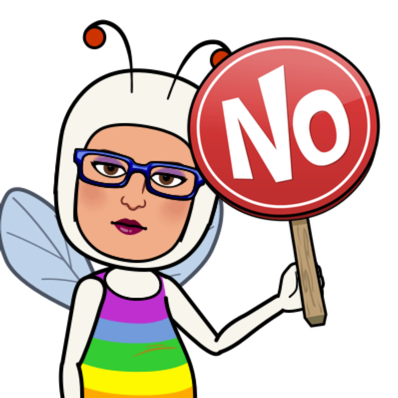

12) Above all, have faith.
It’s easy to have faith and optimism when not pelted with problems. It’s really hard to maintain faith and hope when riding the turbulent swells of the addiction storm. Supporting an addict is chaotic. It’s frustrating and, yes, it can trigger your anger. REMEMBER, the lashing out, the chaos, and the deceit does not reflect the loving, soulful core of your dear loved one. You are dealing with the disease. No child says that they want to be an addict when they grow up. Remember, too, this disease is complex and typically stems from trauma.
If you believe in God, a higher power or are spiritual, spend your extra time in prayer and healing meditation. Remember when Jesus was healing, he saw people as whole; he did not see the disease.
Keep hope that the will to live is incredibly strong in most humans and living creatures. Nothing stays static. Life is always changing. After the darkness, there is light.
In conclusion, these twelve insights, along with greater empathy and understanding, have been the gifts of the insidious chronic disease of addiction. It is a complex disease that most think is solved by the simple solution of sobriety. Ironically, although sobriety may appear simple, it requires complex treatments that begin with understanding. In addition, sobriety is achieved with the addict’s unwavering commitment to making caring human connections and effective choices “day by day and moment by moment”. Addicts need our respect, support and love in pursuing recovery.
Dig Deeper
An epic book, The Myth of Normal, by addictions specialist Dr. Gabor Mate:
https://drgabormate.com/book/the-myth-of-normal/
His phenomenal documentary, The Wisdom of Trauma:
https://thewisdomoftrauma.com/
A thought-provoking article:
A good overall article on addiction:
https://www.psychologytoday.com/ca/basics/addiction
M.C.’s 13th book, The Stars and Magic That Made Us with profits directed to Families of Addiction Recovery:
A lovely calming prayer meditation:


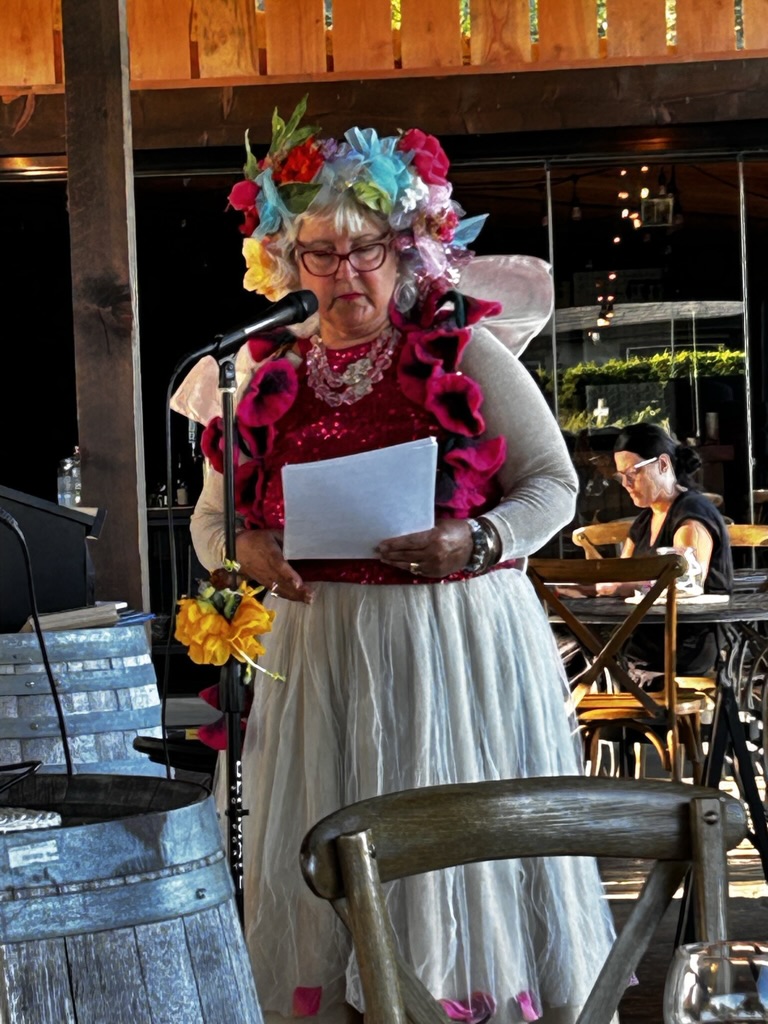
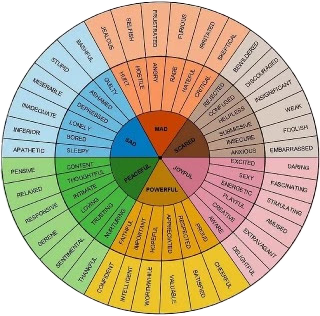


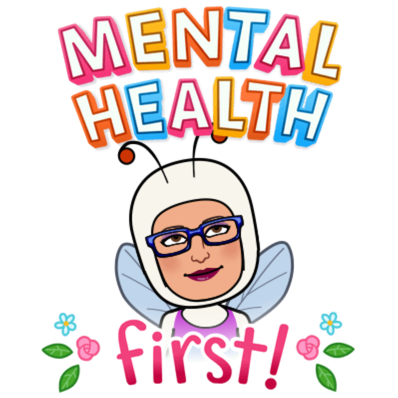
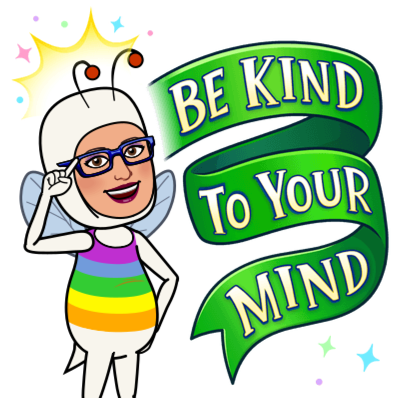
[…] 12 Potential Proactive Parenting Points, with Hopes of Avoiding Addiction Prev Post […]